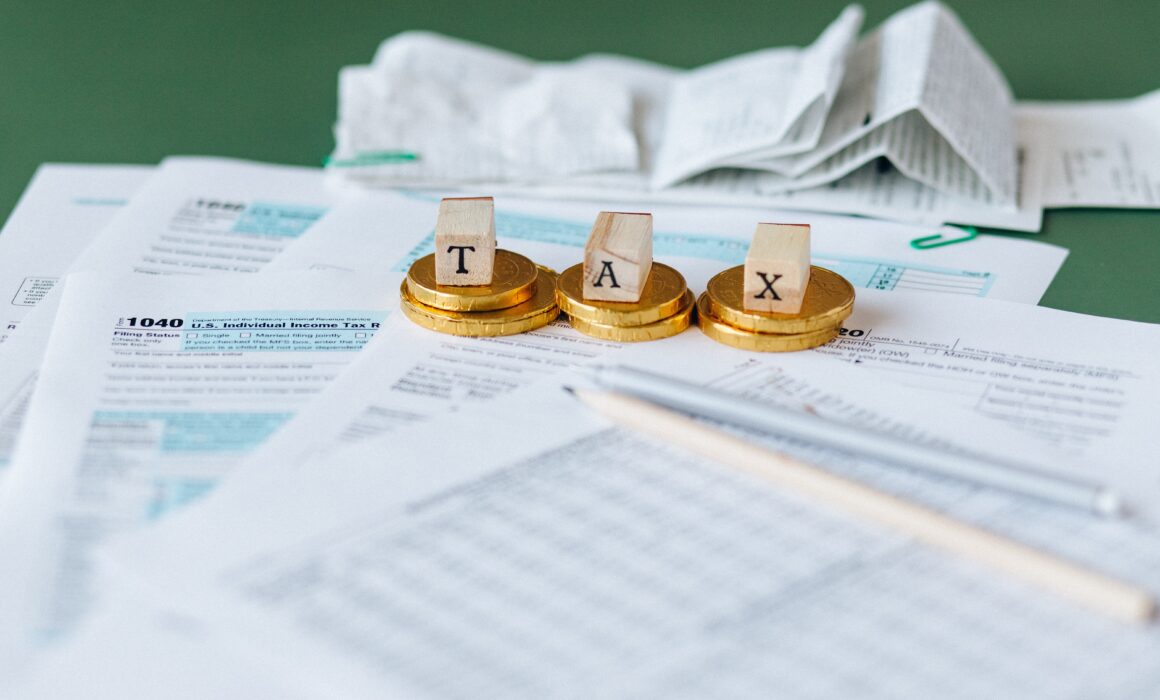Two Big Questions as Tax Time Arrives
Tax time is quickly approaching and we were fortunate enough to have Lance Elrod featured as part of a recent Bloomberg Wealth article focusing on two, tax-related questions. The entire article can be found at How to File Taxes: Advisers Answer Big Tax Questions for 2023 – Bloomberg and is seen below:
By
January 26, 2023 at 5:30 AM CST
’Tis the season for 1040s, TurboTax and a whole lot of teeth clenching. The US tax-filing period began on Monday. Filers have until April 18 to send their returns to the IRS without requesting an extension.
It’s an annual rite of pain that brings with it plenty of pitfalls. Some have turned to TikTok — dare I call it #TaxTok — presumably to learn about taxes, but also to distract themselves as 2023 kicks into high gear.
This year will be something of a return to normal for most filers. Much of the coronavirus pandemic aid — including stimulus payments, larger child tax credits and business stimulus — that was administered through the tax code has expired. And if you have to contact the IRS at some point this year, hopefully you’ll have a better experience: The agency has added 5,000 customer service representatives. The IRS answered a historic low of about 10% of calls during the 2021 filing season. The goal this year is 85%.
That’s cold comfort at a time when stock market losses, crypto meltdowns and a mind-numbing patchwork of work-from-home tax rules may change the way that many people file this year. I sent a big callout to financial advisers and tax experts across the US to ask them two questions. The first was general: What are the biggest mistakes they see, time and again, at tax time? And the second is more specific to this year: What should clients know about tax-loss harvesting?
I’ll get to the mistakes to avoid first.
The Refund Obsession
I thought this was a good point from Lance Elrod at Next Step Financial Transitions:
“One of the biggest mistakes we see when it comes to tax season is people wanting to have a very large refund,” he emailed me. “While it is much better than having to owe a large portion, a large refund means you have given the government an interest-free loan for most of the year and they are now giving your money back to you.”
Filing Too Early
The conventional wisdom is to get your taxes done as soon as possible. While this is true in general, Matthew Daniel of Columbus Wealth Management makes a strong case for holding your horses, at least for a while:
“Corrected 1099s or delayed K-1s are becoming increasingly common, and filing early could mean this information is left out and cause clients to amend returns later in the year, which results in additional time, stress and accounting fees,” he says.
Contribution Windows
Kelly Nilsson of Brava Financial points out that many people fail to take advantage of the contribution window for the prior year’s benefits. This might include not fully funding an HSA, a deductible IRA or a backdoor Roth conversion. Those moves can be made for 2022 until taxes are filed (or the April deadline), she says.
Tax-Loss Harvesting
Now for that second question, about tax-loss harvesting, a handy tool in a year when markets have been down. In essence, the strategy involves selling poor-performing stocks and using those losses to offset capital gains from selling better-performing assets. My colleague Alexis Leondis explains it expertly here. And the advisers I contacted had some additional pointers:
The Wash-Sale Rule
Tax-loss harvesting can be helpful. But the IRS knows some might try to take it too far, so there are limits in place.
“Sometimes when a loss is harvested, the investor’s intent is to purchase the security back,” notes Kristy Jiayi Xu of Global Wealth Harbor. “However, when doing so, investors need to be aware of the IRS rule prohibiting a taxpayer from claiming a loss on the sale of an investment when a substantially identical stock or security was purchased within 30 days before or after the sale date.”
This is known as the wash-sale rule, which says the sale of a security won’t be considered a capital loss if you buy the same security or one that’s “substantially identical” 30 days before or after selling it.
Don’t Overdo It
“Tax loss harvesting is not something you need to do every year,” writes John Pak of Otium Advisory Group. “If there are no offsetting opportunities, is selling a quality stock that is down for the purposes of deducting $3,000 of capital losses against ordinary income worth it? Better to wait and recoup your losses than to chase tax incentives when the market is down.”
Do you have other tax questions you’d like me to get answered by financial experts? Email me and I’ll try my best to get them answered before that April 18 deadline! — Charlie Wells
Send us questions about your own financial dilemmas to bbgwealth@bloomberg.net.
